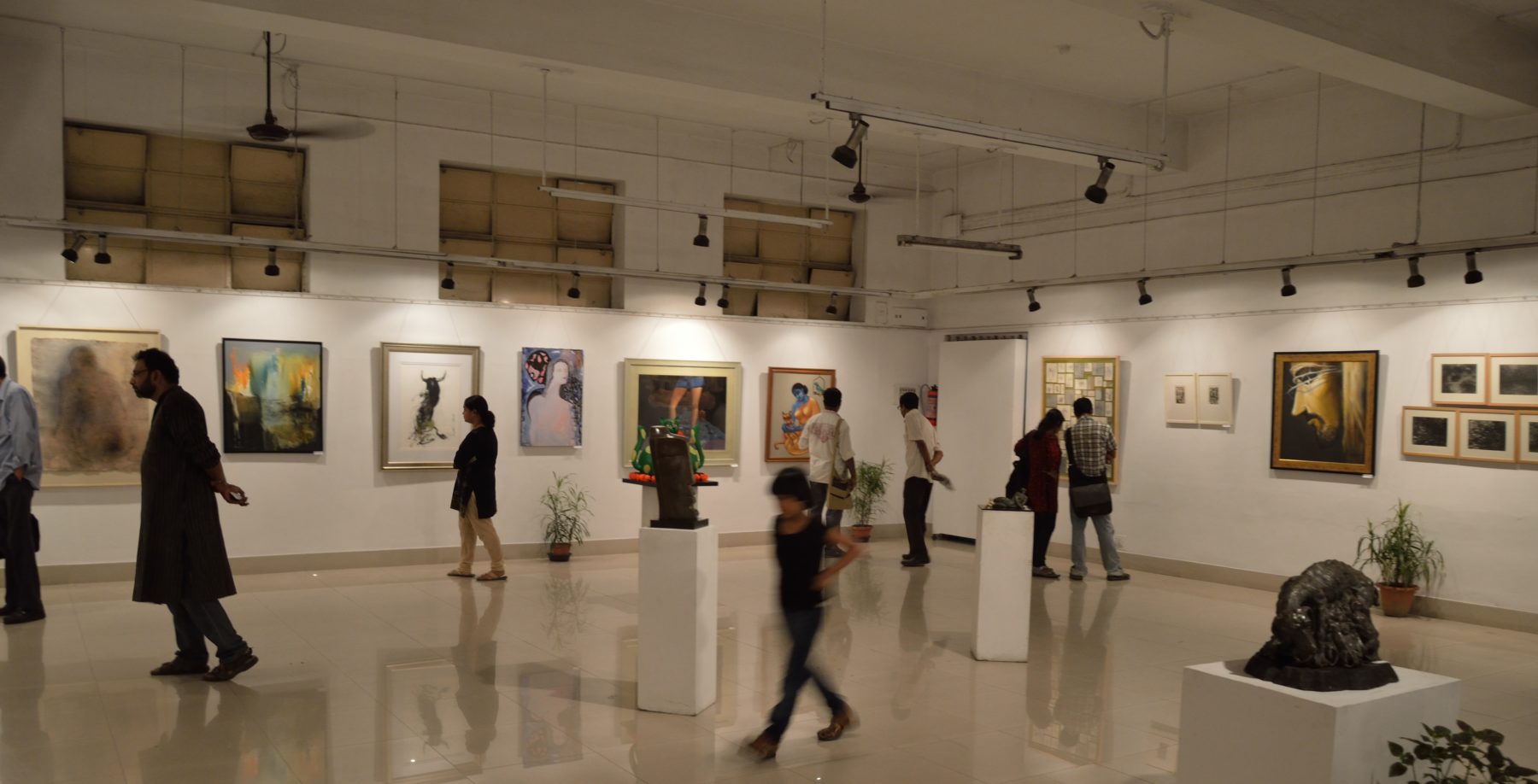With the support of the Cultural Research Network, Ian David Moss and Dr. Kim Dunphy organized a Virtual Study Group to present different perspectives and applications of theory of change.
Theory of change is a framework and methodology for articulating how and why a desired change or outcome can be expected to happen. It originated in the field of evaluation in response to the challenge of understanding causal factors that lead to desired community change. In the decades since, theories of change have gained widespread adoption in fields outside the arts, to support program developers and managers to be clear what they are doing and why. Even so, many arts funders, organizations, and practitioners have yet to make use of this tool, despite seeking and spending public and philanthropic resources on the basis of change they seek to instigate or support.
In this hybrid workshop/discussion, presenters Ian David Moss and Kim Dunphy will share insights from their experiences using theory of change as researchers and advisors to cultural organizations, in different countries and professional contexts. Kim and Ian will discuss innovations in theory of change methodology and use that they have encountered or pioneered and welcome a lively dialogue with audience members throughout. The session is primarily aimed at researchers and others interested in introducing or deepening the use of theory of change into their practice.
Chair/Moderator: Dr. Natalia Grincheva, Research Fellow, Research Unit in Public Cultures, University of Melbourne.
Presenters:
Ian David Moss one of the US arts sector’s leading practitioners of theory of change. As a consultant working with grantmakers, government agencies, and impact investors, he specializes in the alignment of evidence and strategy within large institutions and across complex ecosystems. Over the past decade, strategic frameworks that Ian helped create have guided the distribution of nearly $100 million in grants by some of the largest arts funders in the US. Ian was also a significant influence guiding Cincinnati-based ArtsWave in aligning $10 million/year in regional arts funding with a transformative new focus on impact. ArtsWave is still using a version of this framework to drive its grantmaking seven years later. Ian is the founder of Createquity, a think tank and online publication investigating the most important issues in the arts and what we can do about them, as well as the Cultural Research Network. He holds BA and MBA degrees from Yale University and is based in Washington, DC.
Dr. Kim Dunphy is a Research Fellow at the University of Melbourne (Australia)’s, Creative Arts Therapy Research Unit. Her research interests focus on change that can be effected through arts participation and how that can be understood and measured. Recent publications include chapter in Oxford Handbook of Community Music on theorising arts participation as a social change mechanism, her PhD thesis on the participatory arts in social change in Timor-Leste and co-edited collection Making Culture Count: the politics of cultural measurement (Palgrave, 2015) including her chapter proposing a holistic approach to evaluation of outcomes of arts engagement. Kim also works as consultant for the Cultural Development Network (CDN), Melbourne, Australia, an organisation that supports local government to assist local communities to make and express their own culture. CDN leads a national project across Australia on cultural development planning, where arts agencies, including state and local governments, are supported to develop theories of change for their arts program delivery and funding programs.
